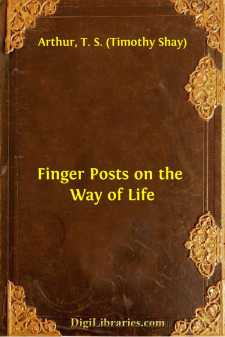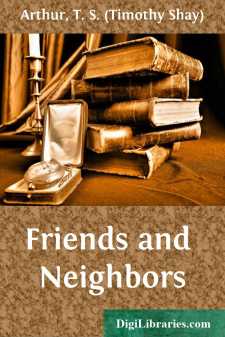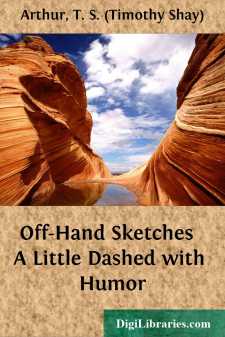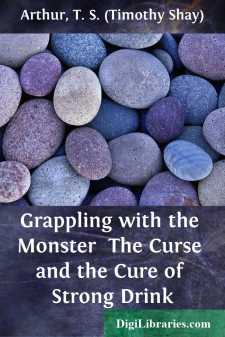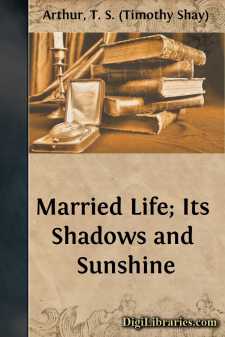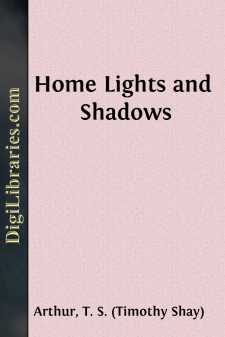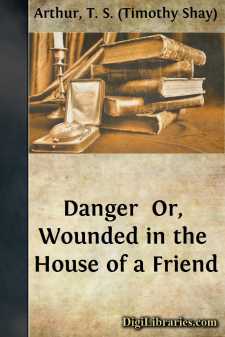Categories
- Antiques & Collectibles 13
- Architecture 36
- Art 48
- Bibles 22
- Biography & Autobiography 815
- Body, Mind & Spirit 144
- Business & Economics 28
- Children's Books 18
- Children's Fiction 14
- Computers 4
- Cooking 94
- Crafts & Hobbies 4
- Drama 346
- Education 58
- Family & Relationships 59
- Fiction 11833
- Games 19
- Gardening 17
- Health & Fitness 34
- History 1378
- House & Home 1
- Humor 147
- Juvenile Fiction 1873
- Juvenile Nonfiction 202
- Language Arts & Disciplines 89
- Law 16
- Literary Collections 686
- Literary Criticism 179
- Mathematics 13
- Medical 41
- Music 40
- Nature 179
- Non-Classifiable 1768
- Performing Arts 7
- Periodicals 1453
- Philosophy 65
- Photography 2
- Poetry 896
- Political Science 203
- Psychology 44
- Reference 154
- Religion 515
- Science 126
- Self-Help 85
- Social Science 82
- Sports & Recreation 34
- Study Aids 3
- Technology & Engineering 59
- Transportation 23
- Travel 463
- True Crime 29
Our website is made possible by displaying online advertisements to our visitors.
Please consider supporting us by disabling your ad blocker.
All's for the Best
Description:
Excerpt
FAITH AND PATIENCE.
"I HAVE no faith in anything," said a poor doubter, who had trusted in human prudence, and been disappointed; who had endeavored to walk by the lumine of self-derived intelligence, instead of by the light of divine truth, and so lost his way in the world. He was fifty years old! What a sad confession for a man thus far on the journey of life. "No faith in anything."
"You have faith in God, Mr. Fanshaw," replied the gentleman to whom the remark was made.
"In God? I don't know him." And Mr. Fanshaw shook his head, in a bewildered sort of way. There was no levity in his manner. "People talk a great deal about God, and their knowledge of him," he added, but not irreverently. "I think there is often more of pious cant in all this than of living experience. You speak about faith in God. What is the ground of your faith?"
"We have internal sight, as well as external sight."
There was no response to this in Mr. Fanshaw's face.
"We can see with the mind, as well as with the eyes."
"How?"
"An architect sees the building, in all its fine proportions, with the eyes of his mind, before it exists in space visible to his bodily eyes."
"Oh! that is your meaning, friend Wilkins," said Mr. Fanshaw, his countenance brightening a little.
"In part," was replied. "That he can see the building in his mind, establishes the fact of internal sight."
"Admitted; and what then?"
"Admitted, and we pass into a new world—the world of spirit."
Mr. Fanshaw shook his head, and closed his lips tightly.
"I don't believe in spirits," he answered.
"You believe in your own spirit."
"I don't know that I have any spirit."
"You think and feel in a region distinct from the body," said Mr. Wilkins.
"I can't say as to that."
"You can think of justice, of equity, of liberty?"
"Yes."
"As abstract rights; as things essential, and out of the region of simple matter. The body doesn't think; it is the soul."
"Very well. For argument's sake, let all this be granted. I don't wish to cavil. I am in no mood for that. And now, as to the ground of your faith in God."
"Convictions," answered Mr. Wilkins, "are real things to a man. Impressions are one thing; convictions another. The first are like images on a glass; the others like figures in a textile fabric. The first are made in an instant of time, and often pass as quickly; the latter are slowly wrought in the loom of life, through daily experience and careful thought. Herein lies the ground of my faith in God;—it is an inwrought conviction. First I had the child's sweet faith transfused into my soul with a mother's love, and unshadowed by a single doubt. Then, on growing older, as I read the Bible, which I believe to be God's word, I saw that its precepts were divine, and so the child's faith was succeeded by rational sight. Afterwards, as I floated off into the world, and met with storms that wrecked my fondest hopes; with baffling winds and adverse currents; with perils and disappointments, faith wavered sometimes; and sometimes, when the skies were dark and threatening, my mind gave way to doubts....




